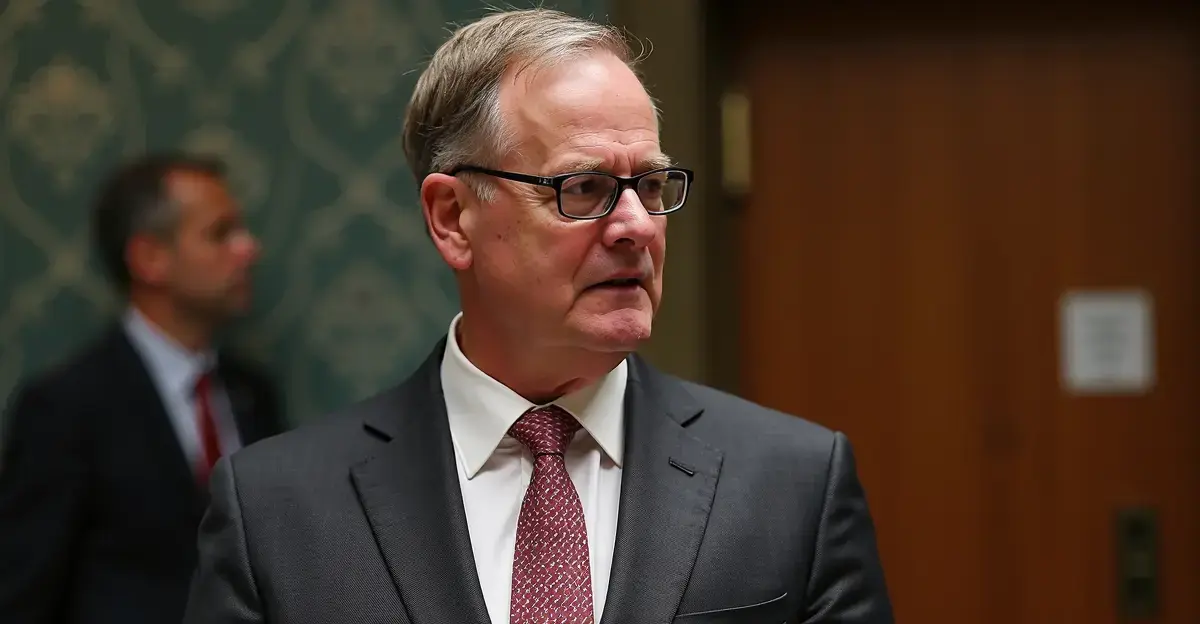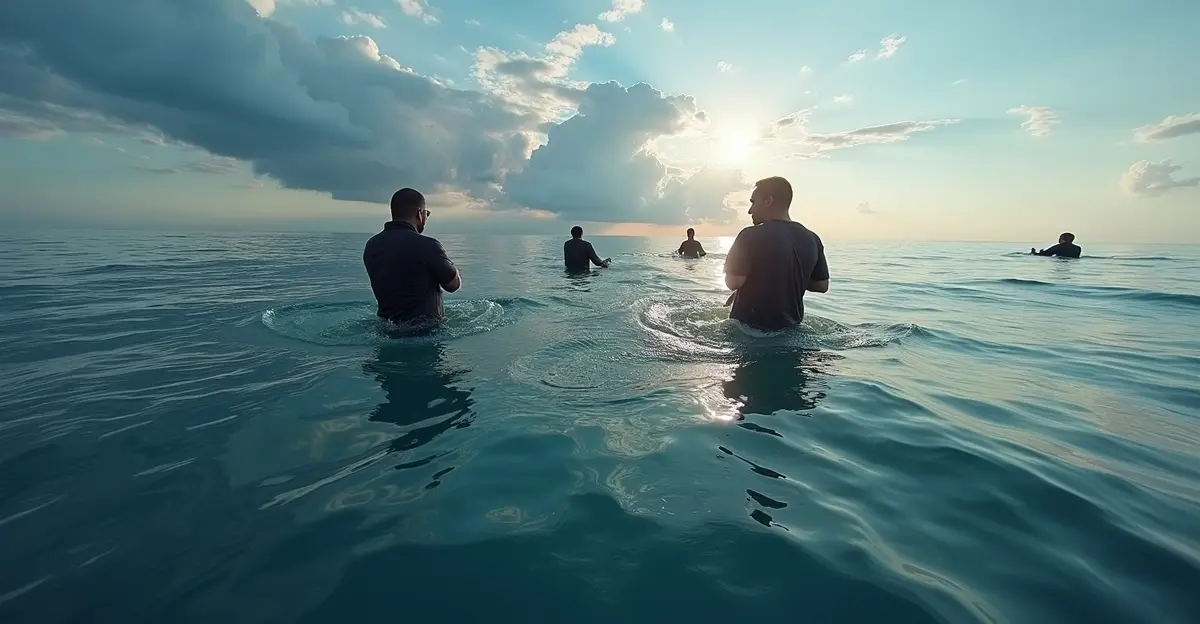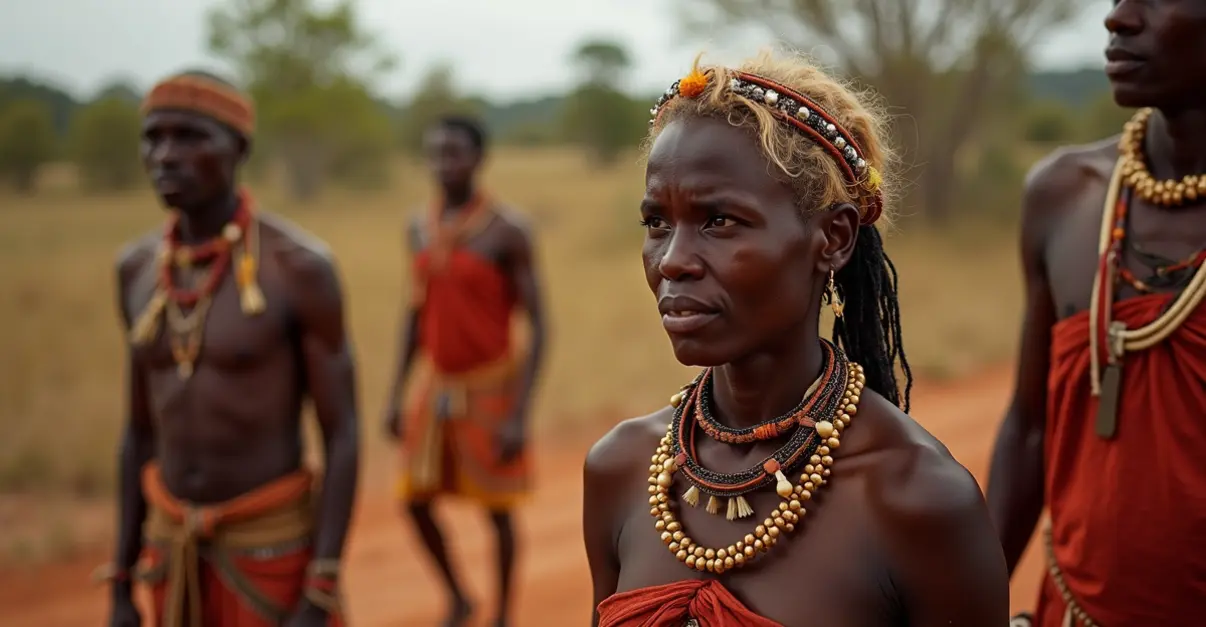Victoria becomes first Australian state to sign treaty with Indigenous peoples, establishing permanent representative body and formal apologies. Historic agreement follows failed 2023 national referendum.

Historic Treaty Signed in Victoria
In a landmark moment for Australian history, the state of Victoria has signed the nation's first-ever official treaty with Indigenous peoples. The binding agreement was formalized as law on November 12, 2025, following nearly a decade of consultation and negotiation between the Victorian government and Indigenous leaders. The treaty signing ceremony took place at Victoria's Government House in Melbourne, with Premier Jacinta Allan describing it as 'a new chapter in the story of our state'.
What the Treaty Includes
The treaty, which takes effect on December 12, 2025, contains formal apologies to the Indigenous population and establishes Gellung Warl - a permanent representative body that will advise the Victorian government on decisions affecting Aboriginal communities. The agreement gives Indigenous people more oversight in critical areas including healthcare, housing, education, and cultural practices. 'When people can genuinely participate in decisions that affect their lives, their prospects improve, and our state becomes more just,' Premier Allan stated during the ceremony.
Australia's Historical Context
Australia has lagged significantly behind other former British colonies in establishing treaties with Indigenous peoples. Unlike the United States, Canada, and New Zealand, Australia never signed a treaty with its original inhabitants. The continent was claimed as a British penal colony in 1788, leading to centuries of displacement, violence, and systematic discrimination against Aboriginal and Torres Strait Islander peoples. Until the 1970s, a 'White Australia' policy was in effect, and Indigenous children were systematically removed from their families in what became known as the Stolen Generations.
Today, Australia's approximately one million Aboriginal and Torres Strait Islander people continue to score below national averages on nearly all socioeconomic indicators, including life expectancy, education outcomes, and employment rates.
Legal and Political Significance
According to Professor of Law at the University of New South Wales, the treaty represents a crucial recognition of Indigenous peoples' right to self-determination. 'This moment will influence treaty discussions across the rest of the country,' he told Reuters.
The treaty negotiations in Victoria began in 2016 through the establishment of the First Peoples' Assembly, an independent and democratically elected body representing Traditional Owners and Aboriginal and Torres Strait Islander peoples. The Assembly's co-chairs, Ngarra Murray and Rueben Berg, joined Premier Allan in signing the historic agreement.
Contrast with National Referendum
This state-level success stands in stark contrast to the failed 2023 national referendum, where nearly 60% of Australians voted against establishing an Indigenous Voice to Parliament in the constitution. That referendum would have recognized Aboriginal and Torres Strait Islander peoples as Australia's original inhabitants and created a constitutional advisory body. The defeat was particularly painful for Indigenous communities, who had advocated for constitutional recognition for generations.
Rueben Berg, co-chair of the First Peoples' Assembly, emphasized the permanence of the treaty achievement: 'These words will not disappear' as the agreement is now enshrined in legislation.
Future Implications
The Victorian treaty establishes a framework that could serve as a model for other Australian states and territories. It creates not only the permanent representative body Gellung Warl (meaning 'tip of the spear' in Gunaikurnai language) but also establishes accountability mechanisms and continues the truth-telling work begun by the Yoorrook Justice Commission.
While the Coalition opposition has vowed to repeal the treaty if elected in 2026, the legislation represents a significant step toward reconciliation that many hope will inspire similar progress nationwide. The treaty signing has been described by the United Nations human rights chief as 'historic' and marks Victoria as the first Australian jurisdiction to reach this milestone in the nation's often troubled relationship with its First Peoples.

 Nederlands
Nederlands
 English
English
 Deutsch
Deutsch
 Français
Français
 Español
Español
 Português
Português









